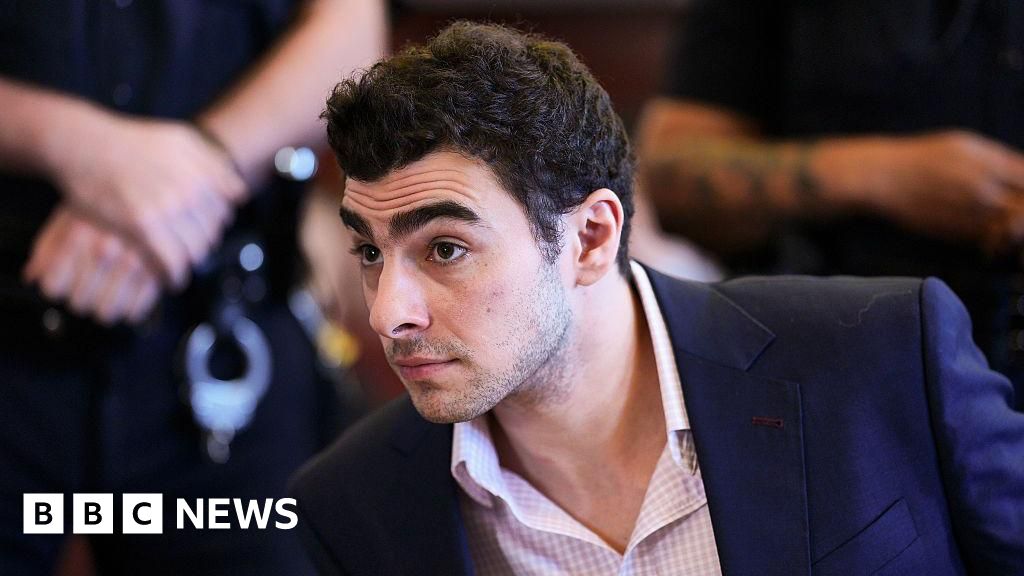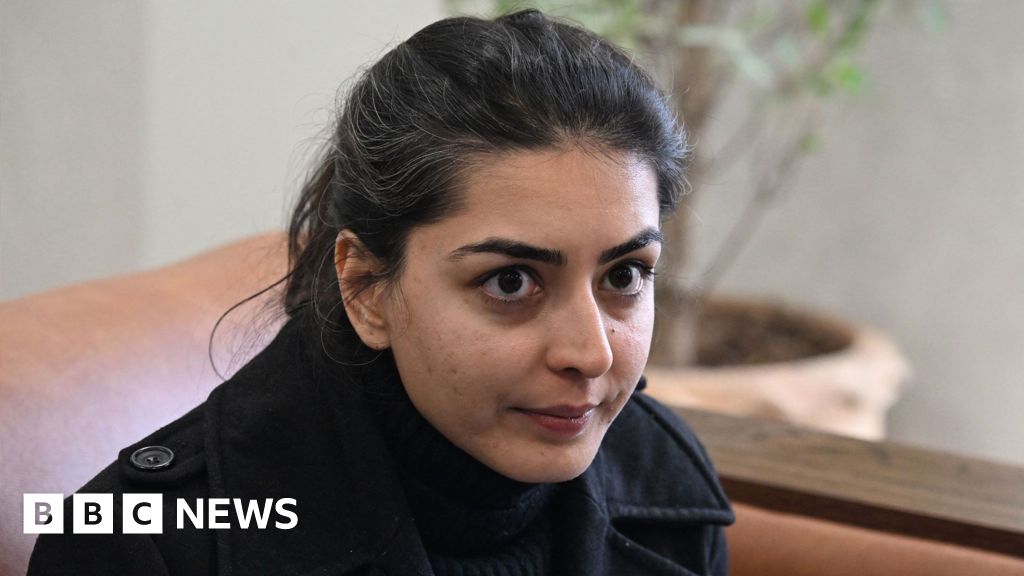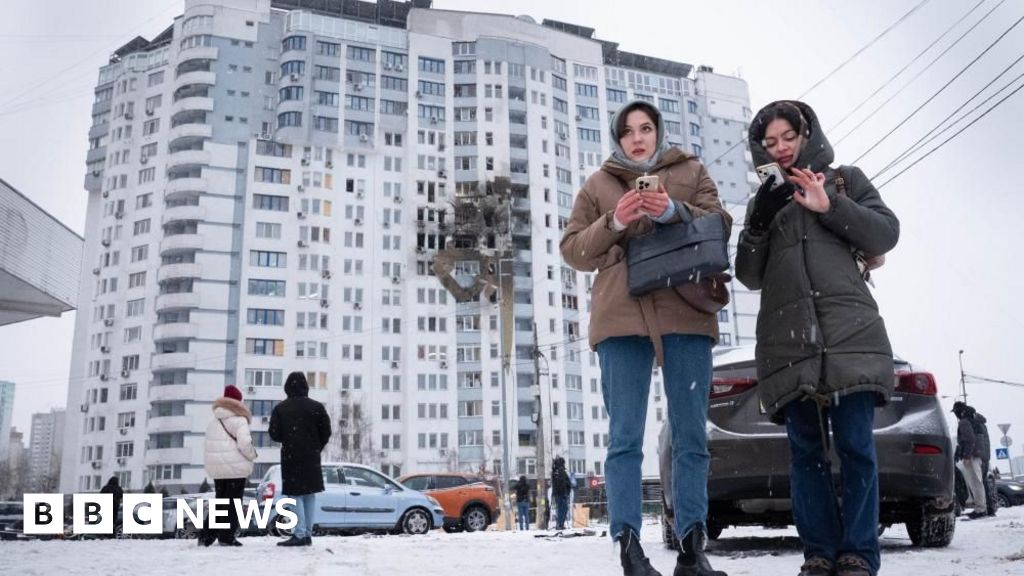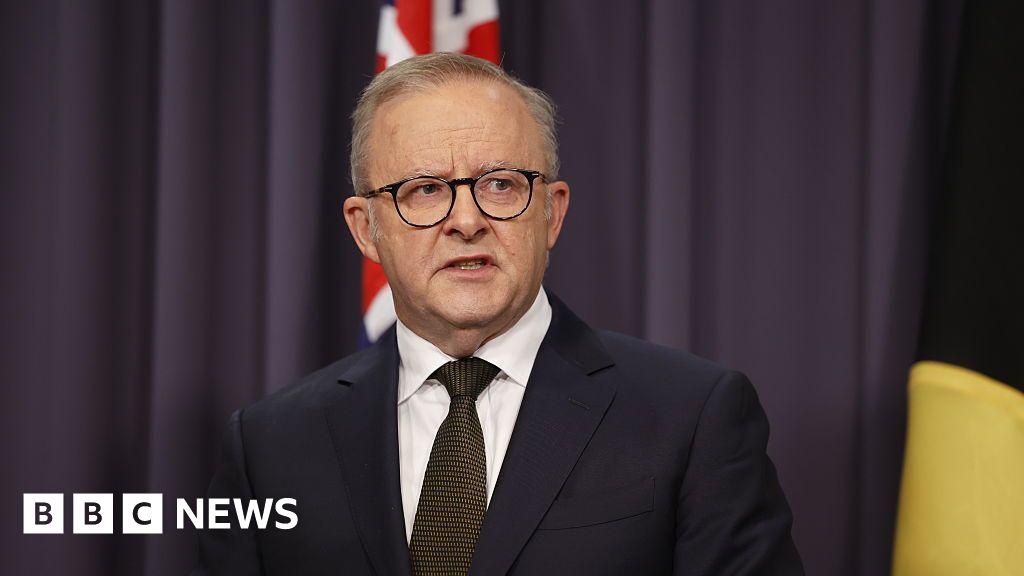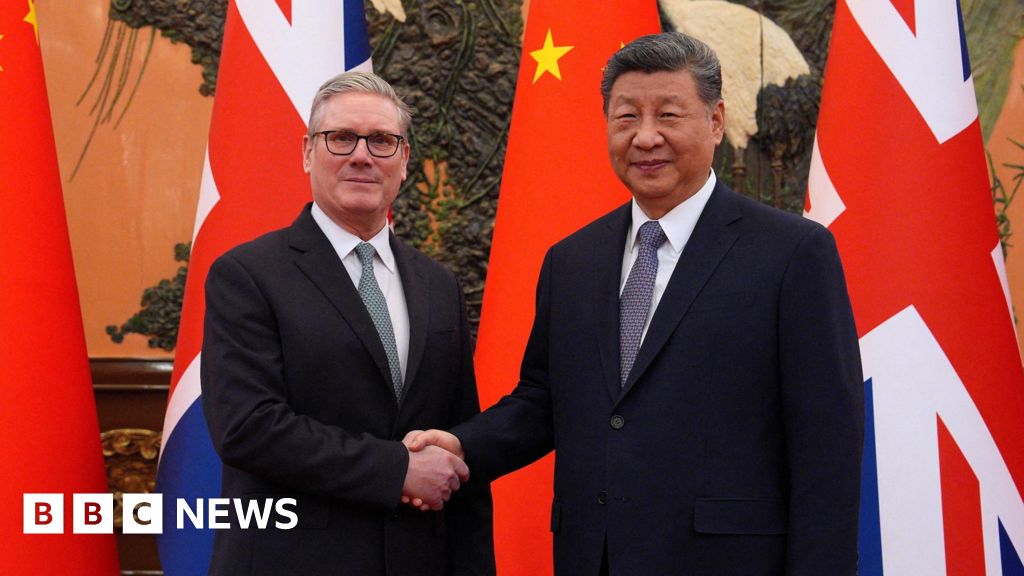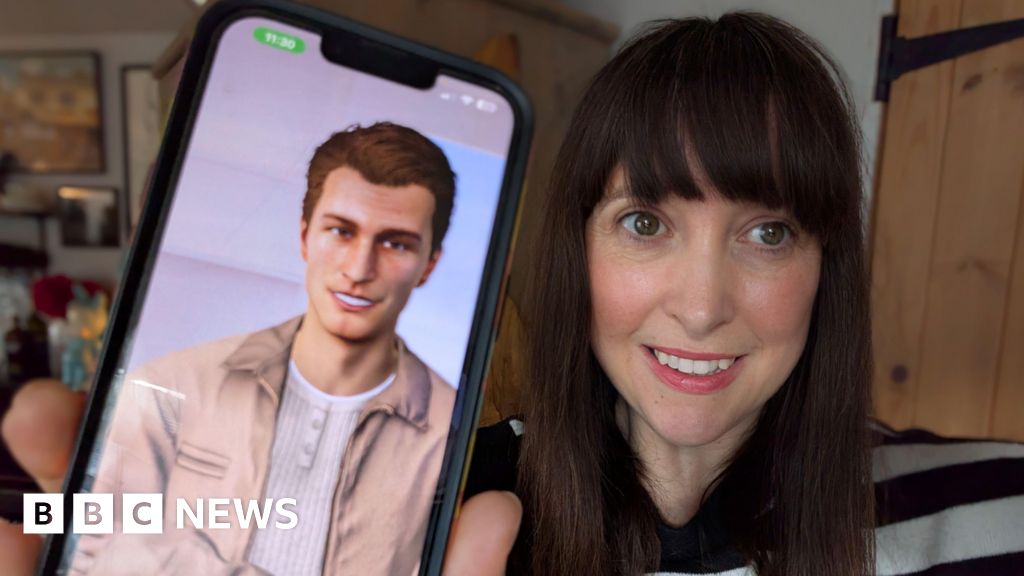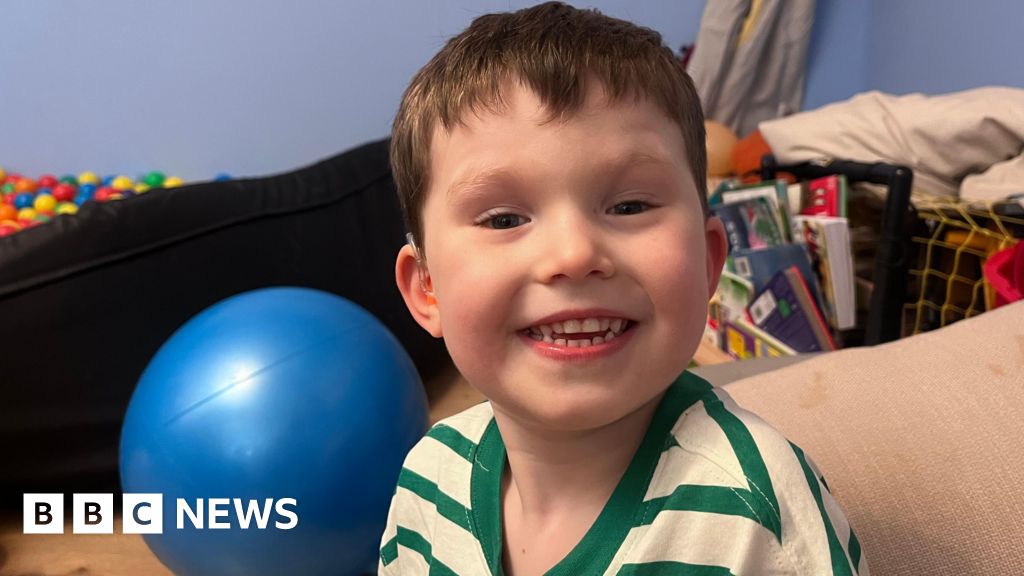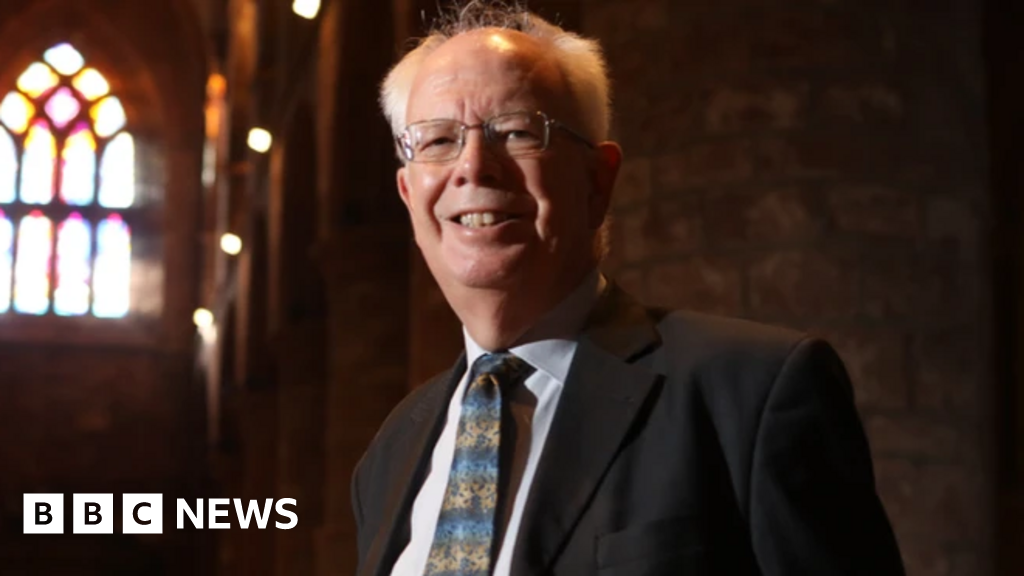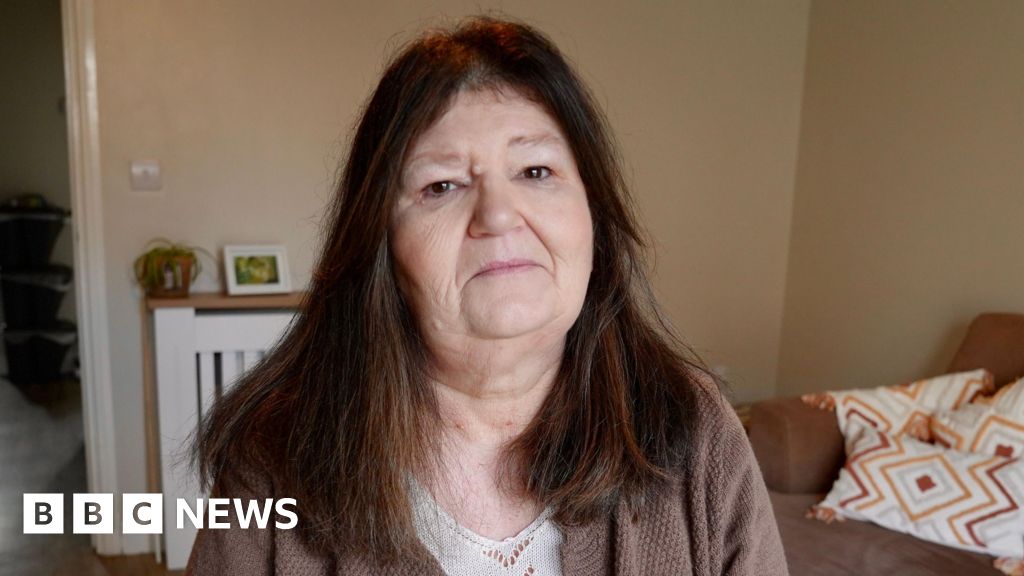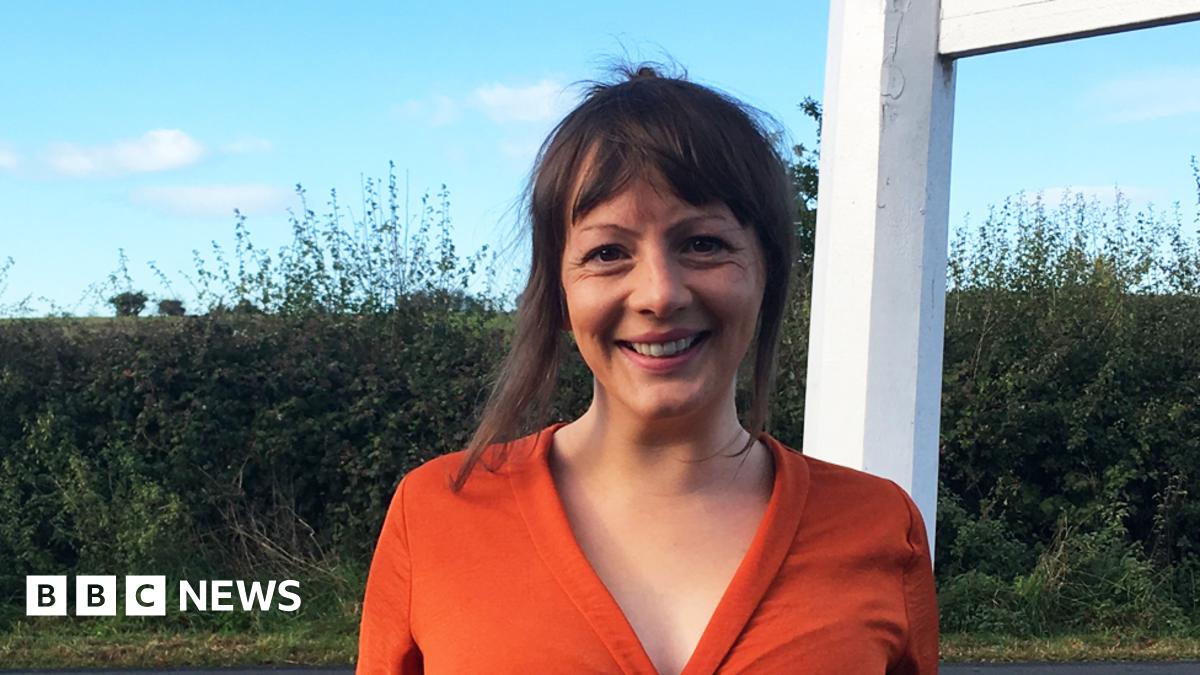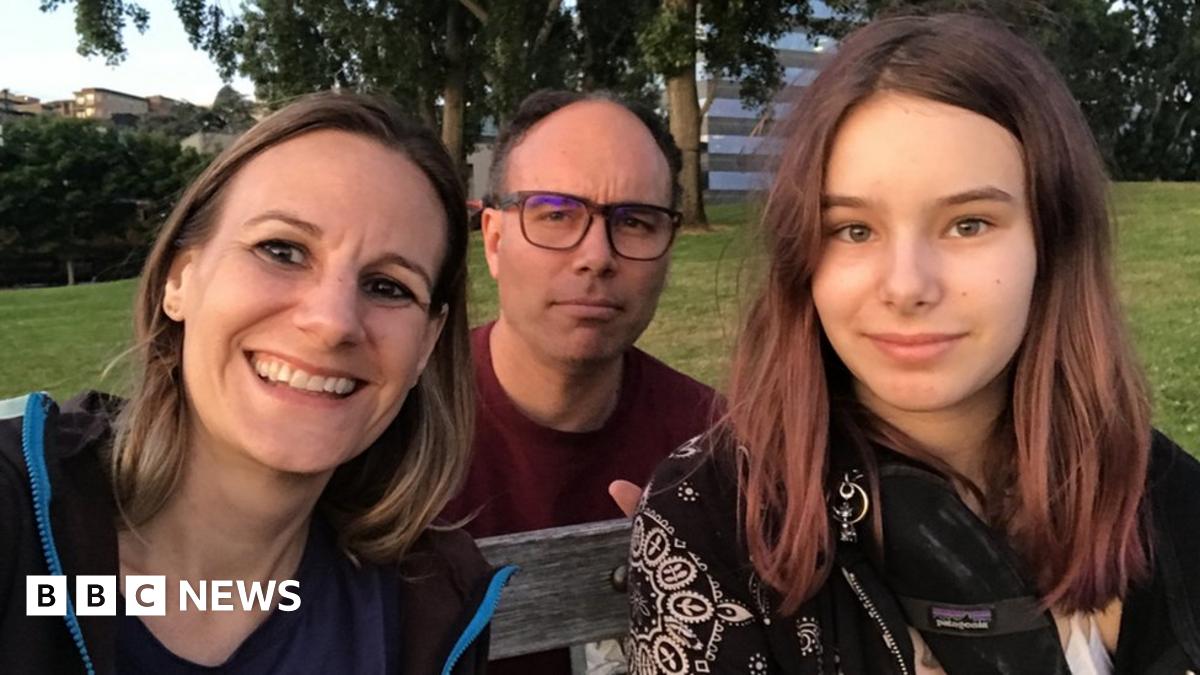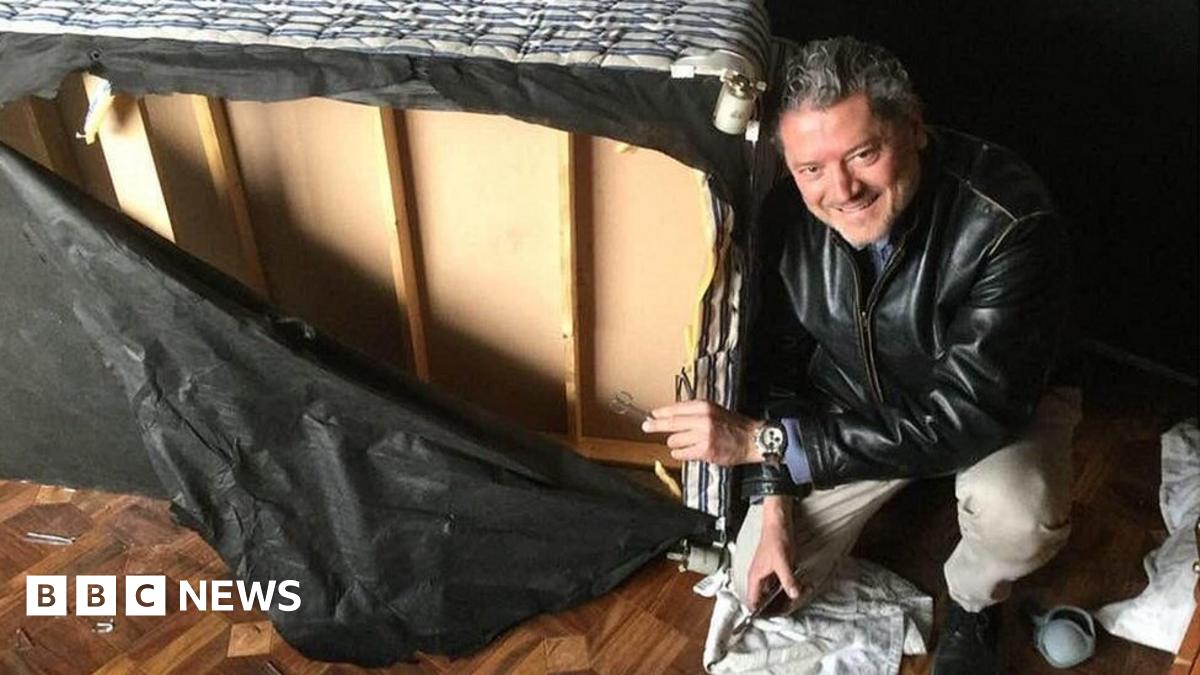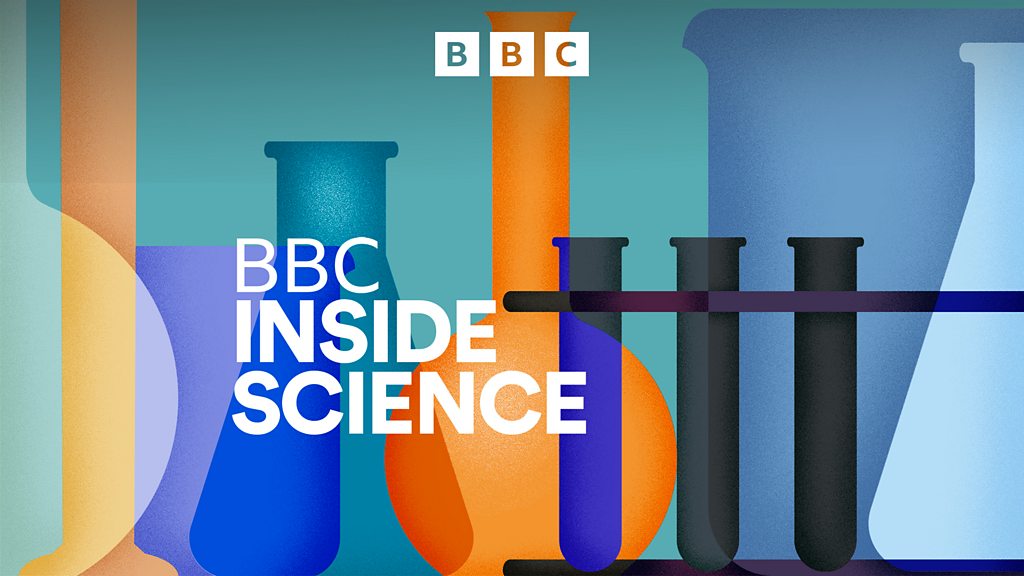The coil isn’t the only contraceptive device that appears to have been inserted in some of Greenland’s female population without their knowledge.
Annita [not her real name] woke up from an abortion in 2011 with what she describes as a “limp feeling” in her arm, which she saw had been covered by a bandage. After asking the Danish doctor about it, he explained that it was a contraceptive implant – a small, flexible plastic rod that is placed under the skin of the upper arm.
Annita, now 31, says the doctor explained that the implant had been inserted because this was her fourth abortion.
“It was so horrible… he really crossed the line,” she tells me. “I felt violated.”
She demanded to have it removed, which she says he was reluctant to do. It was only when she began pulling off the bandage, threatening to take the implant out herself, that the doctor agreed to remove it.
Twenty-eight-year-old Saara, whose name we’ve also changed, says she, too, regained consciousness after an operation to make a shocking discovery.
It was 2014, and she had been put under general anaesthetic for a procedure following a miscarriage, but woke to a Danish nurse injecting her with the contraceptive Depo Provera.
“I didn’t know what it was and she didn’t ask me if I wanted it,” she tells me, “just that I should come back to the hospital to get it every three months.”
She says the nurse didn’t even tell her the name of the drug. And once she did find it out, she had to look it up online to learn more.
Saara decided to continue using it for a few years, but she says that when she stopped taking the drug so she and her husband could have a baby, it took several years for her to fall pregnant.
She says she had not been told that Depo Provera could affect her menstrual cycle for up to 12 months, external after her last injection.
In September, Denmark and Greenland agreed to launch a two-year investigation. It aims to establish what happened until 1991, when Greenland took control of its health system from Denmark.
But the women I spoke to say their relatively recent experiences suggest its current scope is too limited.
“I would like that the investigation doesn’t stop with 1991, and that the investigation into giving contraception to women without their consent continues to the present day,” says Bebiane.
Mira says she knows of other women this has happened to.
Greenland’s Health Minister Mimi Karlsen told the BBC that she was unaware of more recent cases of women being given contraception without informed consent.
“If there has been a practice by individuals… which contravenes the law and general ethics and care, it is of course something that we must react to.”
To determine an appropriate course of action, she said she would forward the BBC’s findings to the national health board and the chief medical officer to make a full assessment of the cases and clarify if this is a widespread issue and connected to historic policies.


